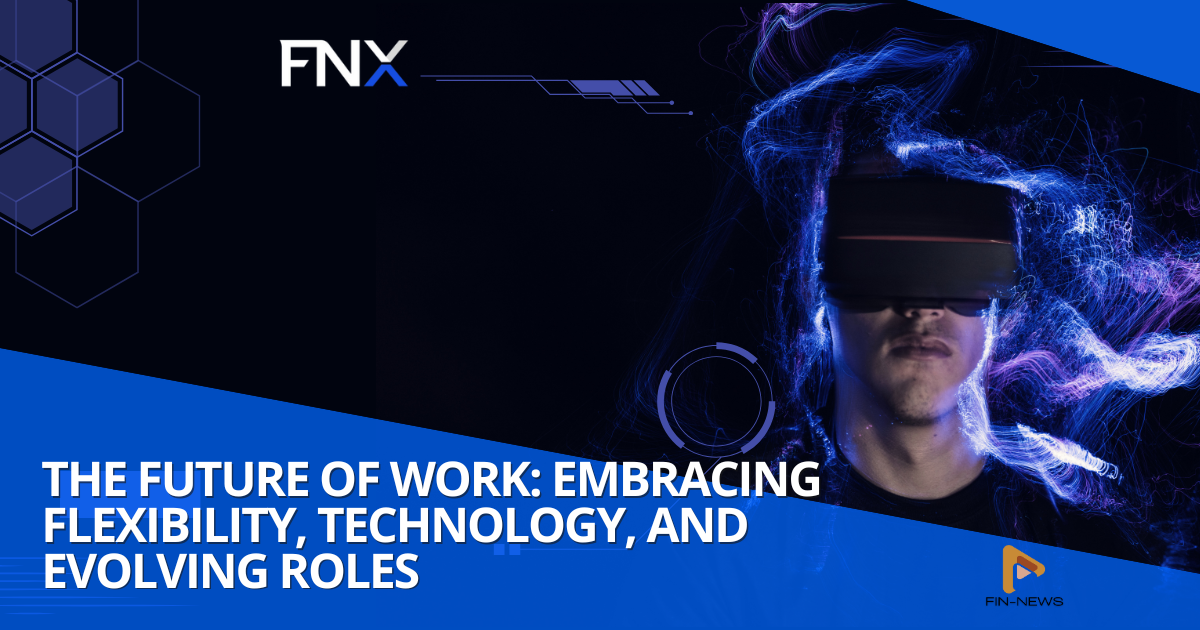
The future of work is transforming rapidly, driven by innovations in technology, shifts in workforce preferences, and the growing emphasis on flexibility. Companies worldwide are reevaluating traditional models, leaning into remote and hybrid work structures, implementing automation, and redefining roles to meet modern needs. This transformation offers both opportunities and challenges for businesses and workers, demanding adaptability to stay relevant in an ever-evolving landscape.
Embracing Flexible Work Models
In recent years, the demand for flexible work arrangements has surged. Remote and hybrid models are not only favored by employees but also provide businesses with diverse talent pools and potentially lower operational costs. According to a recent survey, nearly 70% of employees prefer a hybrid work setup, balancing in-office and remote work to maximize productivity and work-life balance. This model is expected to continue as companies recognize its benefits for employee satisfaction and retention.
Moreover, these flexible models accommodate diverse working preferences, fostering inclusivity within organizations. By empowering employees to choose how they work best, companies are seeing increased engagement, improved morale, and a healthier work environment.
Technology’s Role in Shaping the Future Workplace
Technology plays a central role in enabling flexible work environments. Digital tools like cloud computing, AI-driven analytics, and virtual collaboration platforms such as Microsoft Teams and Slack have become indispensable. These tools allow employees to connect, collaborate, and innovate from any location, making work more efficient and data-driven.
Artificial intelligence (AI) and machine learning are further streamlining workflows by automating routine tasks, such as data entry and customer inquiries, freeing employees to focus on higher-value activities. For example, AI-powered customer support systems are now handling up to 80% of inquiries, enabling customer service teams to concentrate on complex issues. This integration of AI is also creating a shift in required skills, with a growing emphasis on data literacy, critical thinking, and digital fluency.
Redefining Job Roles and Skills
As technology reshapes work, it also redefines roles within organizations. Jobs that once required in-office presence, such as project management, can now be effectively managed remotely. Additionally, automation is transforming the workforce by replacing some manual roles while creating new opportunities in tech-focused fields.
With these changes, upskilling and reskilling have become critical. As roles evolve, workers are encouraged to adopt new skills, particularly in areas like data analysis, digital marketing, and software development. Organizations are investing in training programs to equip employees with the knowledge necessary to thrive in their shifting roles. This proactive approach to skill development is a hallmark of forward-thinking companies prepared to adapt to future needs.
Addressing Challenges in the Evolving Workplace
Despite the advantages, the future of work brings challenges that organizations must address. Remote work can lead to feelings of isolation and decreased collaboration if not managed effectively. Companies are exploring innovative ways to build virtual community spaces, like online coffee chats and team-building sessions, to foster a sense of belonging.
Data privacy and security are additional concerns in a digital workplace. As remote work increases the risk of cyber threats, companies must enhance cybersecurity measures and educate employees on best practices for data protection. These steps are crucial to safeguard sensitive information and maintain trust within remote and hybrid models.
Looking Forward: Preparing for a Dynamic Future
The future of work is dynamic, with constant changes expected as technology and workforce expectations evolve. Leaders are urged to embrace a culture of flexibility, prioritizing employee well-being, innovation, and adaptability. By fostering a responsive work environment, businesses can ensure resilience and growth in an increasingly competitive landscape.
In this ever-evolving environment, one thing is clear: the future of work is flexible, technology-driven, and centered around continuous learning. As organizations adapt to these trends, they are well-positioned to thrive, providing value to employees and stakeholders alike.

Leave a comment
Your email address will not be published. Required fields are marked *